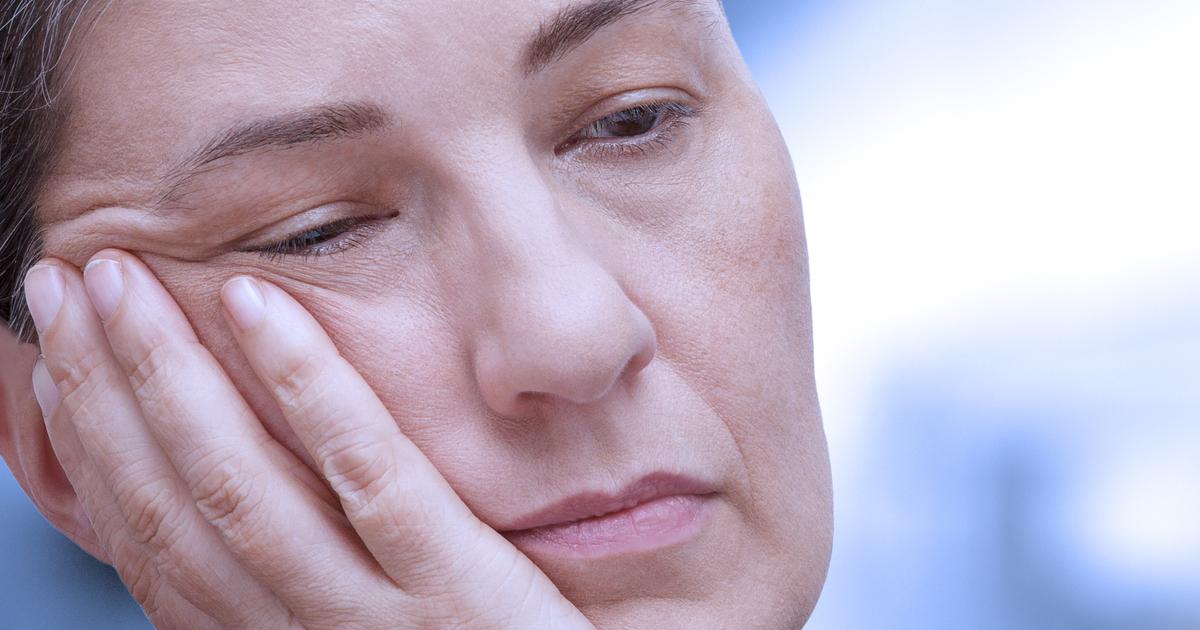What Are The Side Effects Of Radiation Therapy?
Radiation therapy is a method of treatment often used in cancer patients. External beam radiation uses high energy beams of x-rays, protons, or other particle types to damage the DNA inside of cancerous cells. This ensures the malignant cells are unable to live, grow, and divide. Brachytherapy is another type of radiation therapy, where the radioactive substance is placed inside the body.
Radiation therapy can be used alone, before surgery to shrink the tumor, after surgery to ensure malignant cell clearance, or as a palliative measure. Radiation therapy used in combination withchemotherapy is a standard option to cure cancer. Some stubborn noncancerous tumors may be treated with radiation therapy. Of course, radiation treatment for skin cancer is incredibly common. There is also a new radiation treatment for prostate cancer.
Fatigue
Patients undergoing radiation therapy as part of their treatment plan may experience frequent fatigue, which has been described as a lack of energy and excessive tiredness. Fatigue typically begins as a side effect around a week following the patient's first radiation treatment. Fatigue due to radiation therapy may be unpleasant and frustrating. However, it is a sign the body is doing what it is supposed to do. Radiation therapy not only damages and destroys the cancer cells, but it also has this effect on the healthy cells around the cancerous cells.
Radiation therapy does not always kill cells immediately. It often causes cellular DNA damage that renders the cells to be unable to divide and grow. An affected individual's body makes its best attempt at repairing the damage the radiation beams have caused to the healthy cells. The body requires an abundant source of energy to carry out such processes. It will allocate energy from other structures in the body to the site where it is attempting to heal these damaged tissues. This mechanism is what causes patients undergoing radiation therapy to feel fatigued and tired.
Read more about common radiation therapy side effects now.
Loss Of Appetite

It is not uncommon for a patient undergoing radiation therapy as part of their treatment to experience loss of appetite. Appetite loss begins during the first few weeks of radiation therapy and may persist after the treatment ends. Patients having radiation therapy close to their neck and head are more likely to experience loss of appetite. This is because the cellular damage inflicted on healthy cells in these regions can result in taste and smell alterations.
An individual may feel that many types of food are no longer appealing because they cannot smell or taste properly. Other mechanisms play a role in appetite loss precipitated by radiation therapy. Nausea and vomiting are common occurrences in patients receiving radiation therapy. They can cause individuals to be unable to consume food regularly. Radiation therapy can also damage the tissues responsible for the production of saliva and fluids. This can result in dry mouth, sore mouth, and issues swallowing food.
Keep reading to uncover additional side effects linked to radiation therapy now.
